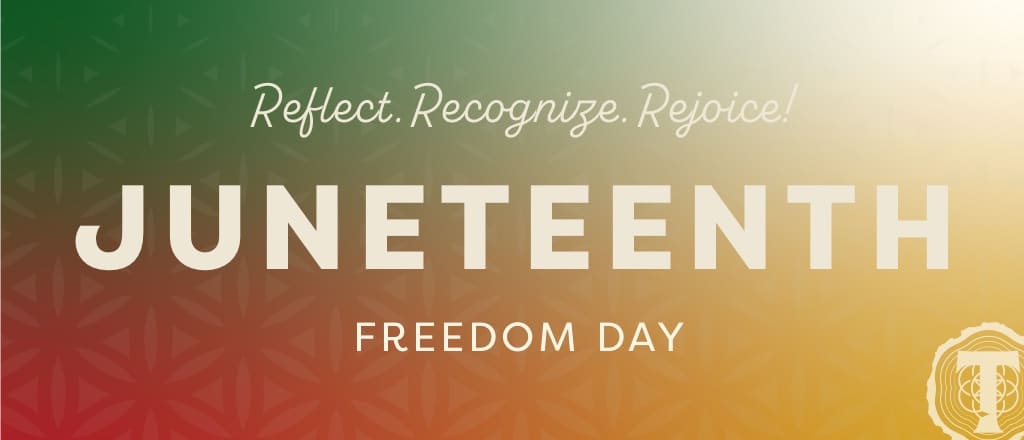
In our June monthly bundle blog, we mentioned the historical connections between the LGBTQIA+ movement and the pro-cannabis movement. June is not only Pride Month, but it is also the month of Juneteenth, a holiday that commemorates the emancipation of enslaved people in the United States. Juneteenth, also called “Black Independence Day” serves as a celebration of African American culture across the country. In honor and celebration of Juneteenth, we would like to share some information about the history of cannabis as it relates to racism, and in particular, racism against the Black community in America.
Unfortunately to this day, Black folks are nearly four times more likely to be arrested for cannabis possession and other non-violent cannabis crimes than white people are in America. Black, Indigenous, and people of color (or BIPOC) also historically receive disproportionately harsher sentences for the same level of crimes as white people. This is in spite of people of all racial identities consistently consuming cannabis at approximately the same rates. In the past 10 years, there has been extraordinary growth across the country in destigmatizing, decriminalizing, and legalizing cannabis. However, the rates at which Black people are arrested for cannabis-related crimes have remained roughly flat. Currently, more than two thirds of the general public in the United States are in favor of legalizing cannabis at the federal level, but the criminal justice system has not kept up with this cultural shift.
The history of systemic racism in America is widespread and pervasive across many industries, but the cannabis industry is one of the most stark examples of institutionalized discrimination. Studies show that even with increasing legalization, 81% of cannabis executives are white, and just 4.3% are Black. How did it get this way? There are many factors that have led to disparities among race both in arrests and industry representation, but most experts point to the War on Drugs as the primary catalyst.
The War on Drugs was a campaign created by the Nixon administration made up of various policies which criminalized psychoactive substances, including cannabis, and declared drug abuse “public enemy number one.” The War on Drugs led to a dramatic uptick in incarceration rates, overwhelmingly in communities of color. These policies were (and are) not only enforced in a disproportionately discriminatory way, but evidence suggests that racism was part of their very purpose and intent. In 1994, in an interview with Harper’s Magazine, former Nixon domestic policy chief John Ehrlichman revealed what activists had long suspected – that the Nixon administration criminalized cannabis and other drugs in order to disenfranchise the Black community and ensure re-election.
The harm and lasting impact that the War on Drugs has caused to Black Americans cannot be overstated. To this day, many people are serving life in prison without parole for a drug that is now legal in over half of the United States. It is also disproportionately difficult for BIPOC to break into the cannabis market. Even in states where recreational cannabis is now legal, the heavily regulated nature of the industry makes it difficult for new entrants, and it is especially difficult if people have any kind of criminal record – including for low level cannabis possession charges.
So, what can we do to right the wrongs and elevate the Black community in the cannabis world? There is a lot of work to do, but supporting Black-owned businesses in the cannabis space (and everywhere) is a great place to start. There are also many organizations working to reverse the harm done and support Black communities including the Last Prisoner Project and Cannaclusive. It is also crucial to support and advocate for not only the legalization of cannabis on a federal level, but the release and expunging of records for those incarcerated for cannabis convictions. On a policy level, urging representatives to pass the MORE (Marijuana Opportunity, Reinvestment, and Expungement) Act, which would remove cannabis from the list of controlled substances, eliminated related criminal penalties, and take several other major steps toward criminal justice reform, social justice, and economic development.
We feel fortunate to work in this industry, and want to recognize what a privilege it is to be a cannabis provisioning center by acknowledging how far the industry has come, and how much farther it has to go.
